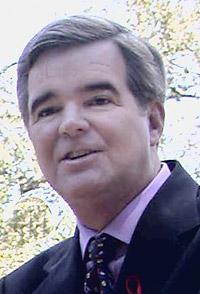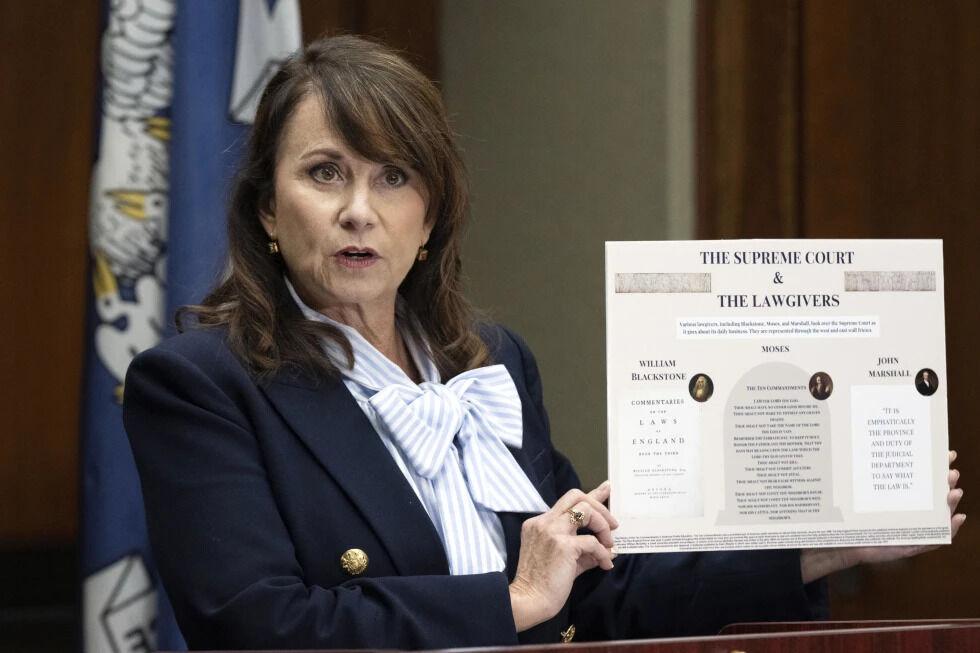Louisiana citizens were tuned in to national and state elections Tuesday night to learn the fate of the U.S. Senate, their tax system and higher education.
Chancellor Mark Emmert said all of the constitutional amendments reflected a large amount of thinking by the electorate.
“Legislators did a good job of getting the information out about the amendments,” Emmert said. “It was nice to see voters taking them all seriously.”
The Stelly Plan, Amendment 2, passed by 51 percent. The plan decreases sales tax by 4 percent on food, electricity and medicine.
The plan would increase the income tax on households making more than $75,000. Emmert said the amendment was positive.
“Students are almost always in the lower tax bracket,” Emmert said. “It can stabilize tax structure, which over the long run will benefit higher education.”
Some students did not share Emmert’s opinion about the positive effects of the Stelly Plan.
“I know it was good for people who are less endowed with less taxes for them, but it harms those who have worked to be where they are,” said Casey Berthelot, a painting and drawing junior.
Doris Glass, a mass communication junior, voted for the Stelly Plan because it would benefit her family.
“It saves my parents money, which allows me to go to school,” Glass said. “I think it’s great because we have been backward for so long that we seem to be moving in the right direction.”
Higher education and health care always have been held below the protection line, Emmert said. The temporary sales tax that the Stelly Plan replaced financed higher education, but the state had to reapprove the tax every year.
Amendment 3 passed with a 58 percent vote. It will allow the governor to cut portions of the budget besides higher education and health care.
Emmert said he sees the amendment as a good management tool for the government because higher education and health care generally are faced with budget cuts.
“The governor can now and in the future have a spending cut from other places. Higher education is less likely to be cut.”
Demetrius Joubert, a sociology senior, said he was glad to hear Amendment 3 passed.
“Public schools are horrible,” Joubert said. “They need better textbooks and resource materials. That money could help make improvements.”
Glass voted for Amendment 3 with hopes of keeping tuition down.
“The last thing we need is higher tuition,” Glass said. “Things we need such as lighting and disability access can now be funded by state money.”
The last amendment affecting higher education is Amendment 8. Citizens voted against the amendment that would allow public universities the opportunity to invest state-endowed funds into the stock market.
Emmert said he would have liked for the amendment to pass, but he understood the lack of support.
“I was not the least bit surprised,” Emmert said. “The timing with the stock market couldn’t have been worse.”
Glass voted against the amendment because the stock market is unpredictable.
“What is the point in not letting them cut education and then taking what they get and putting it in a very volatile market?” Glass said.
Natalie Ritter, an English sophomore, agreed with Glass.
“I fell more secure knowing that they cannot invest,” Ritter said.
Though Louisiana citizens know the outcome of their constitutional amendments, they will have to wait until Dec. 7 to know the outcome of the senatorial election.
Sen. Mary Landrieu and Suzanne Terrell gained the highest number of votes and will compete in a run-off election.
Berthelot said she will support Terrell in the December election.
“It will be nice to get a Republican in office,” Berthelot said.
Glass said she will support Landrieu because Landrieu supports students and higher education.
“She has been saying she backs student loans and supports higher education,” Glass said. “No matter if you were raised a Republican, a student loan is an issue.”
Emmert said both candidates support the University and understand the role the University plays in the state.
“We will have the support we need in Congress with either candidate,” Emmert said. “They are two very good candidates. It will be a very good election.”
Students respond to election results
By Samantha Sieber - Staff Writer
November 7, 2002

EMMERT
Students respond to election results
More to Discover







